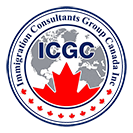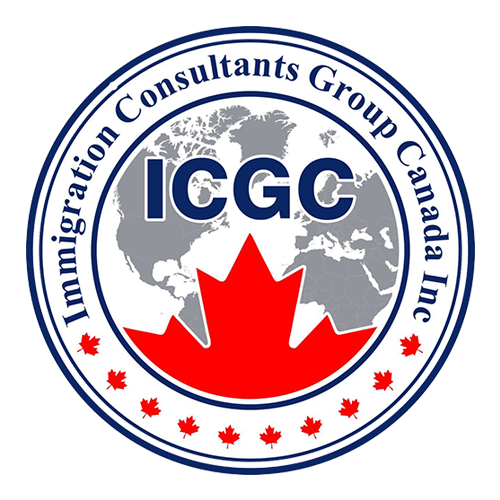How to become eligible for Canadian citizenship
Canada has one of the most accessible citizenship policies in the world.
In order to be eligible to apply for Canadian citizenship, you must:
- Be a permanent resident
- Meet Canada’s physical presence requirement
- File your taxes (if necessary)
- Pass a Canadian citizenship test (if you are between ages of 18-54)
- Prove your language skills (if you are between the ages of 18-54)
There are additional or different requirements you are applying for a minor, a Canadian applying for your adopted child born outside Canada, or a past Canadian citizen who wants to regain Canadian citizenship.
Permanent resident status
You must be a permanent resident in order to apply for Canadian citizenship, and you must not:
- Be under review for immigration or fraud reasons
- Be asked by Canadian officials to leave Canada
- Have unfilled conditions related to your PR status, like medical screening
You do not need to apply with a valid Permanent Residence (PR) card at the time of your application, your PR card may be expired.
Physical presence requirements
You must have been living in Canada for at least three years, or 1,095 days, out of the previous five years before applying for Canadian citizenship. There can be exceptions to this rule for exceptional circumstances.
If you were living in Canada as a temporary resident or protected person before you became a permanent resident, you may use those days towards your physical presence requirement. Each day spent in Canada as a temporary resident or protected person in the five years prior to your application only counts as a half day, and you may only use up to 365 days as a temporary resident or protected person.
Immigration, Refugees and Citizenship Canada (IRCC) recommends that you submit your Canadian citizenship application with over 1,095 days of living in Canada in case you made a miscalculation.
File your taxes
You may need to file taxes in Canada for at least three of the five years before you submit your Canadian citizenship application. It may also be a requirement to file an income tax return, even if you lived in Canada for only part of a year, if you:
- Need to pay tax for the year
- Want to claim a refund
- Want to get benefit and credit payments
Prove your language skills
IRCC requires that you prove that you can speak English or French at the Canadian Language Benchmark (CLB) level 4 or higher. IRCC may assess your language skills by reviewing the evidence you submit demonstrating your language skills (for example, proving you attending a secondary or post-secondary educational program in English or French) or by taking note of how well your communication is with citizenship officials during the application process. If necessary, IRCC may assess your language skills during a hearing with a citizenship official.
You may not be eligible for Canadian citizenship if you do not meet these requirements. There are also legal and criminality issues that would make you ineligible for Canadian citizenship, such as:
- You have had your citizenship taken away within the past five years
- You have been convicted of a criminal offence in the past three years
- You are in prison, on parole or on probation
- You are under removal order from Canada
- You are under investigation for, or have been convicted of a war crime or a crime against humanity
source: cicnews.com


